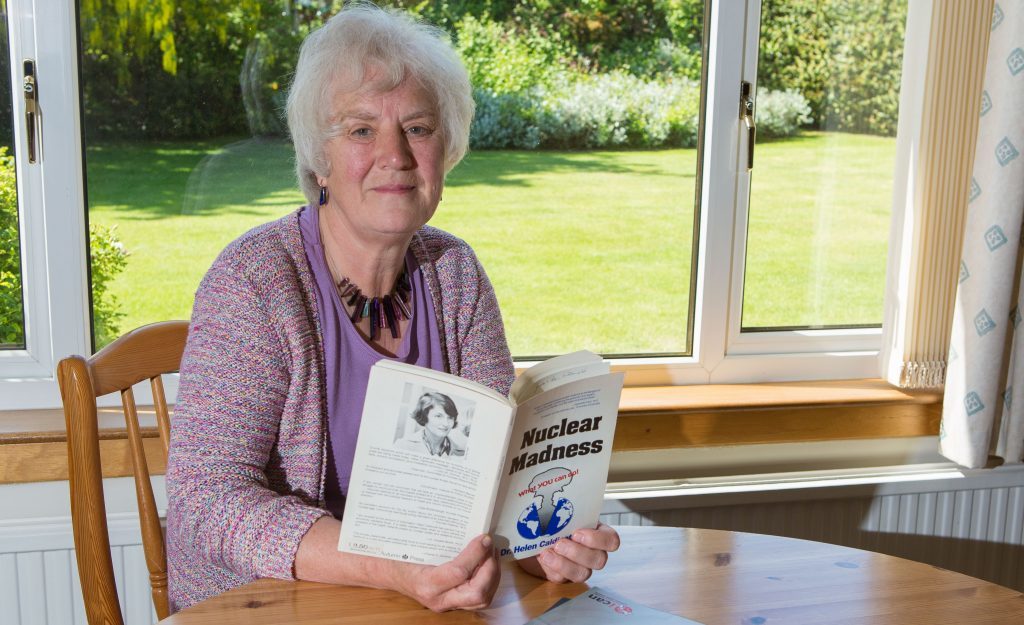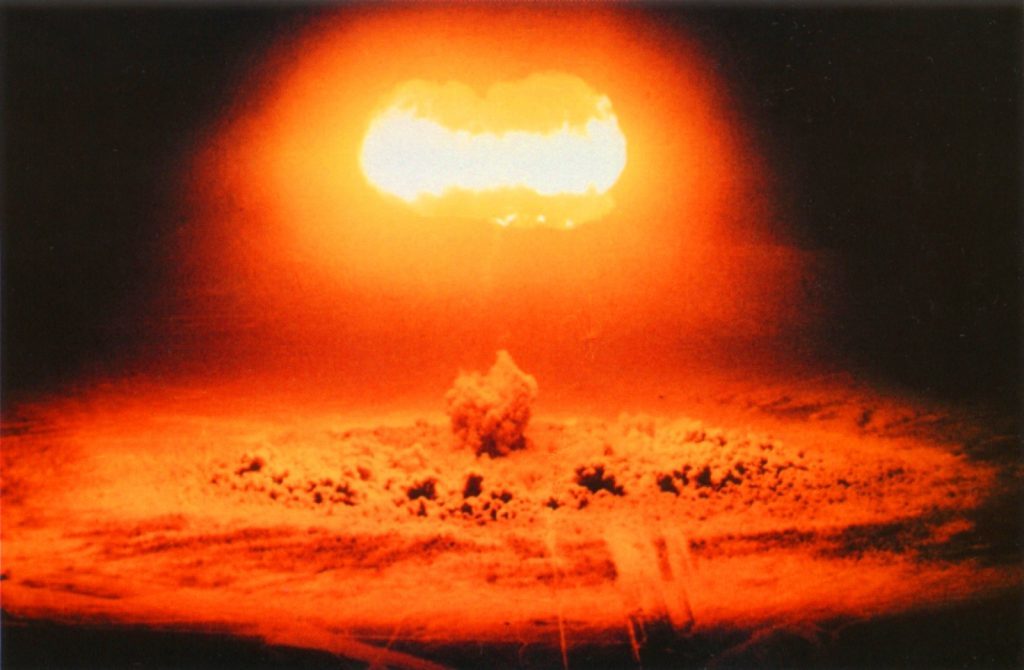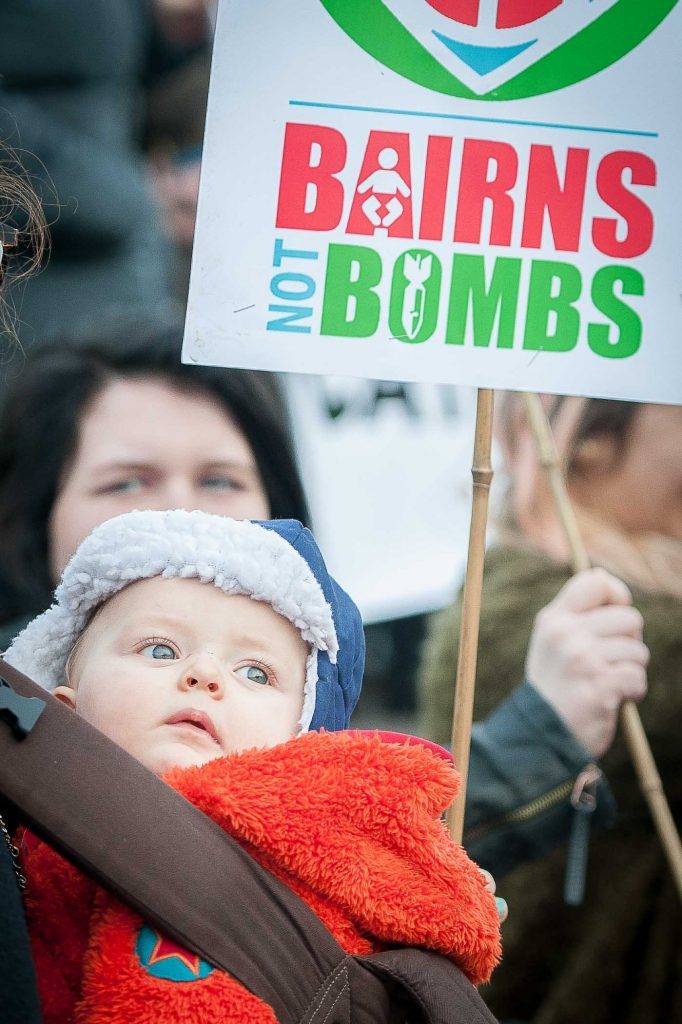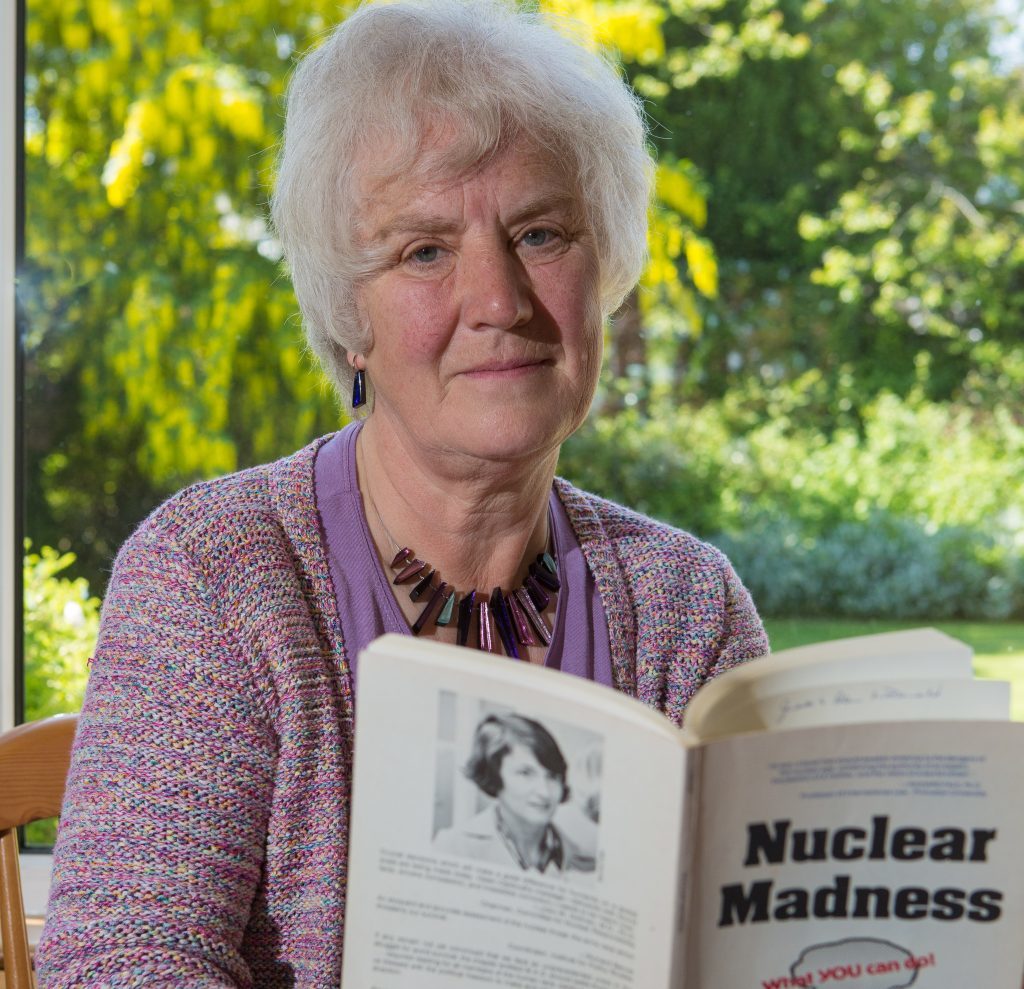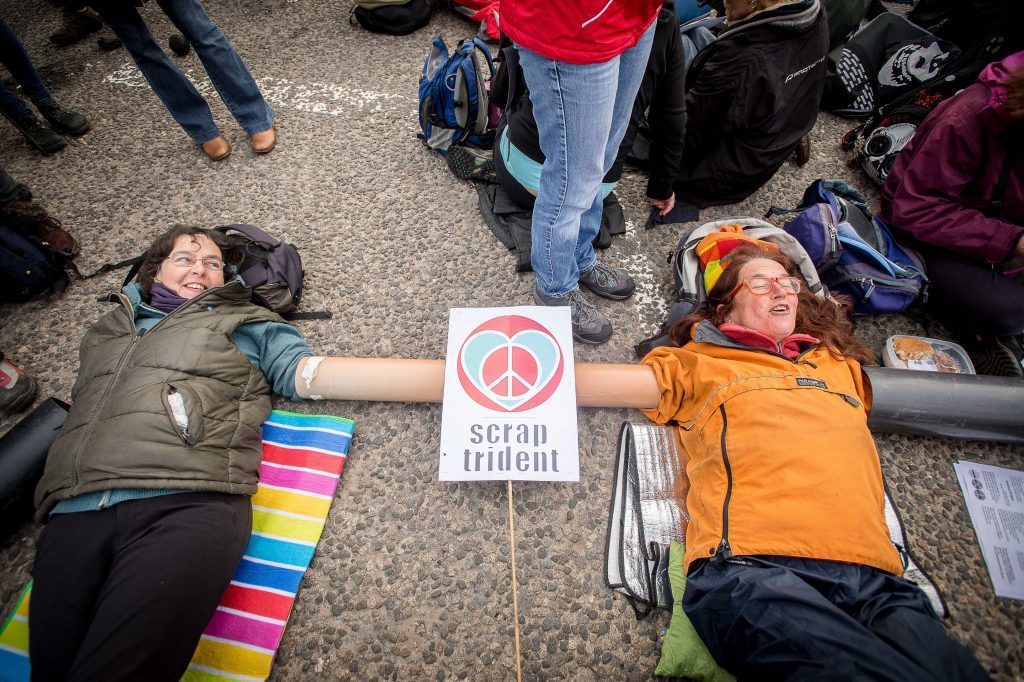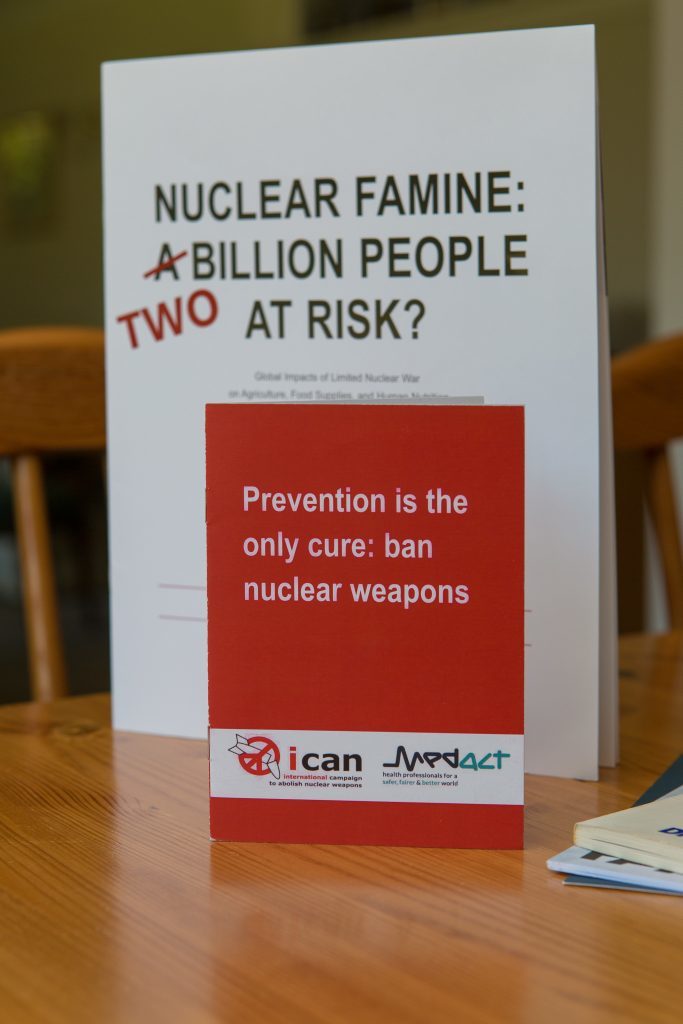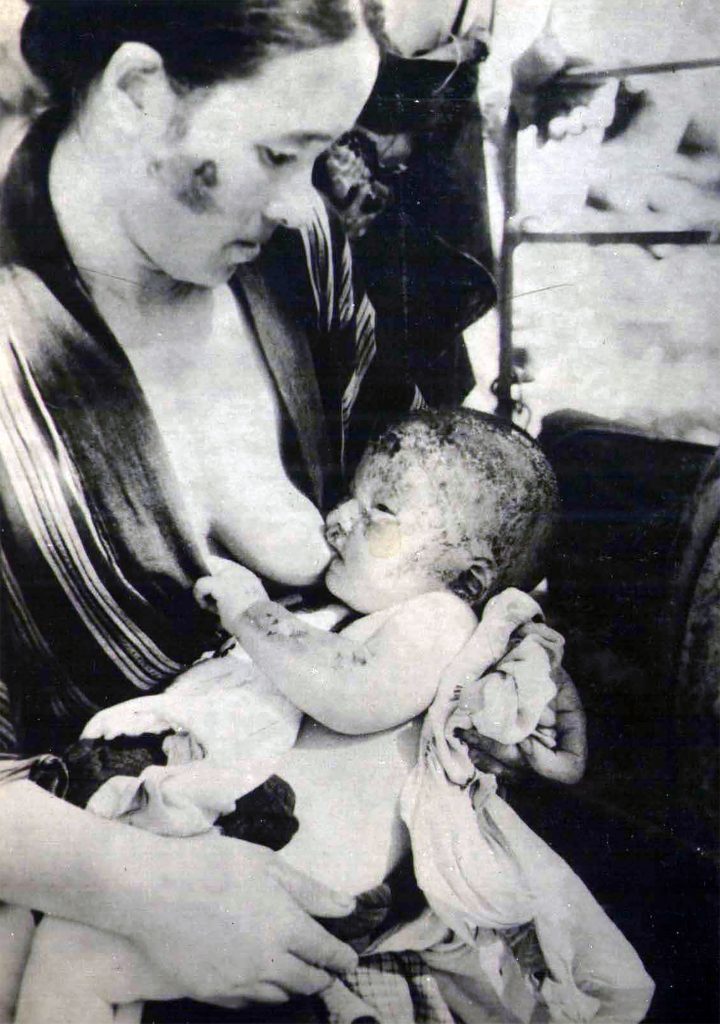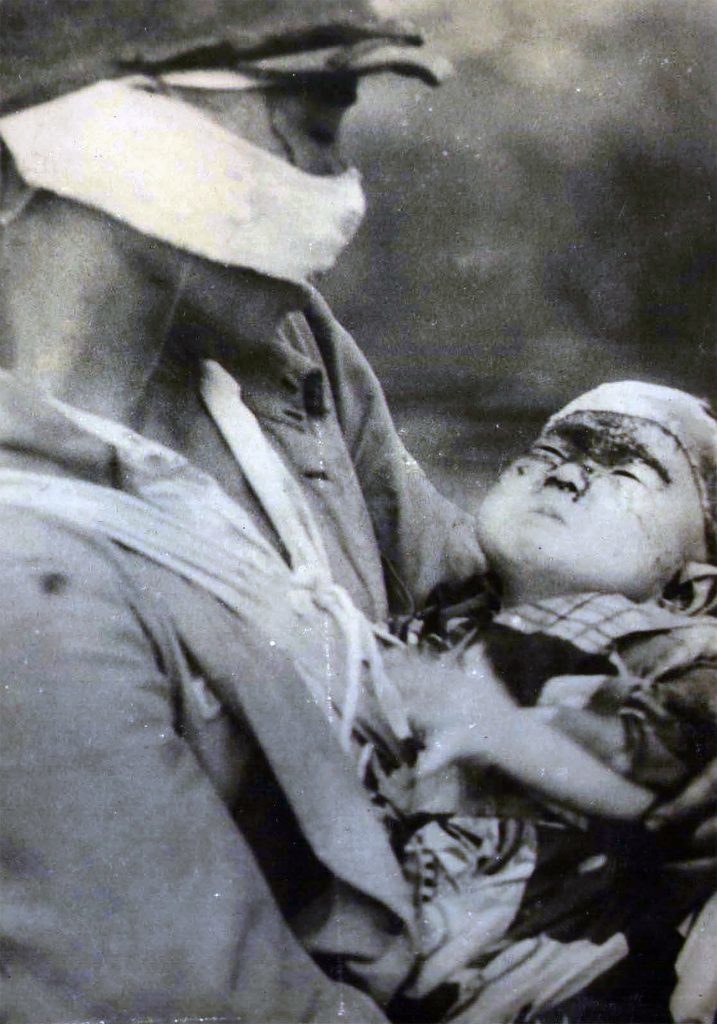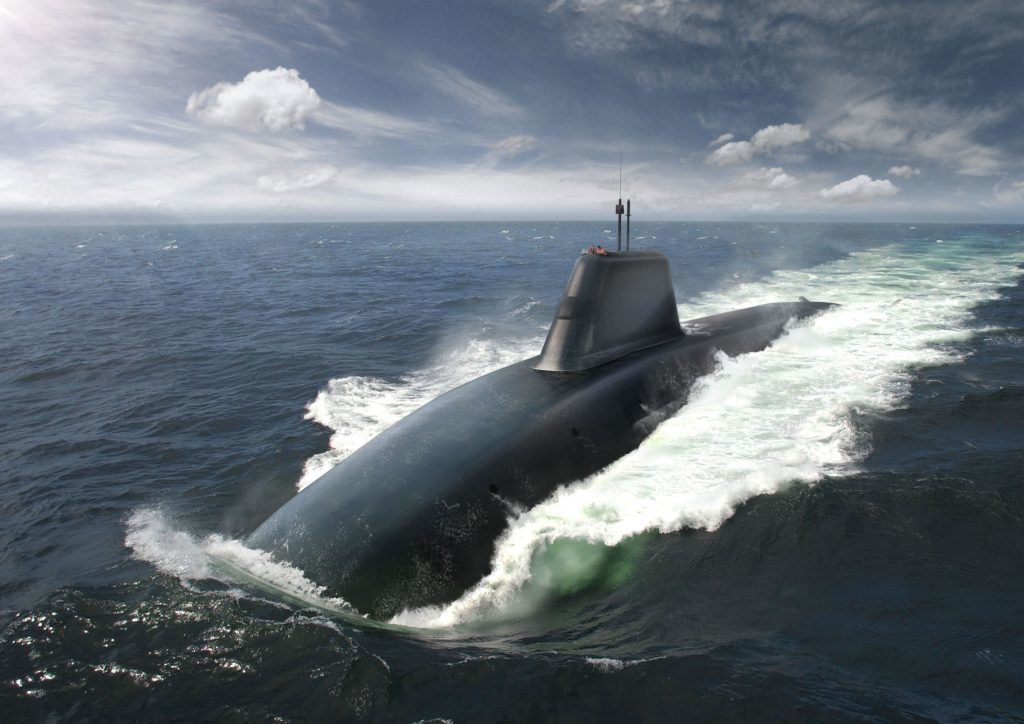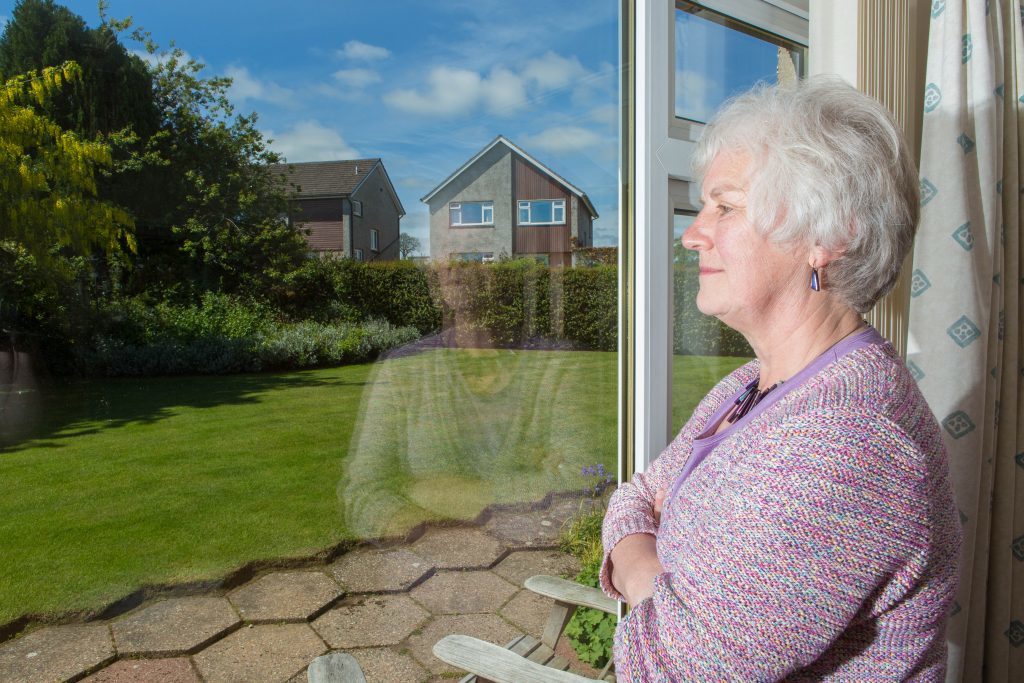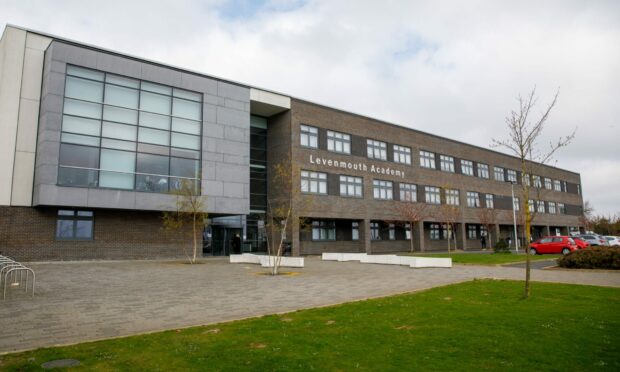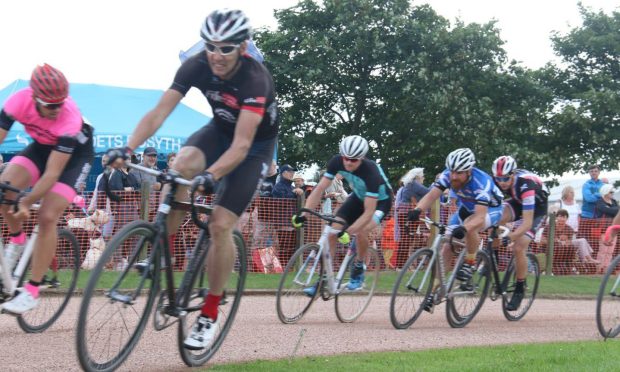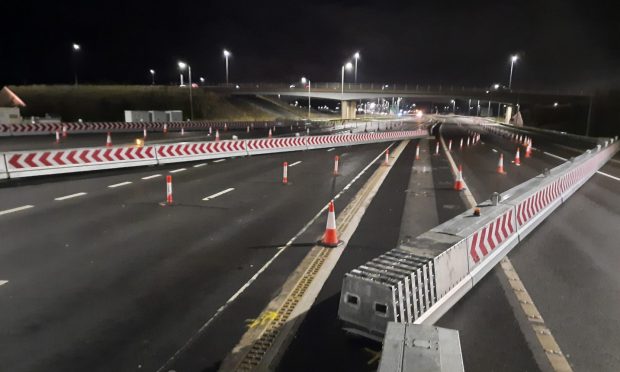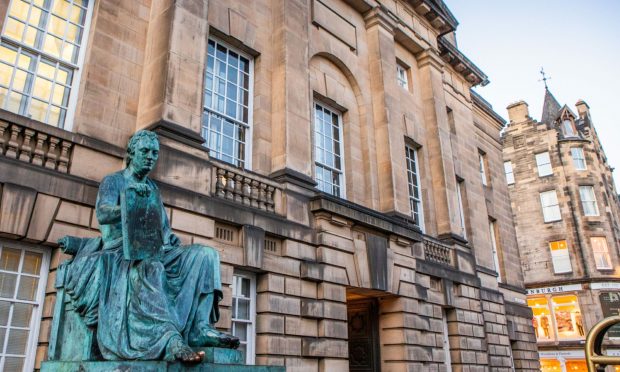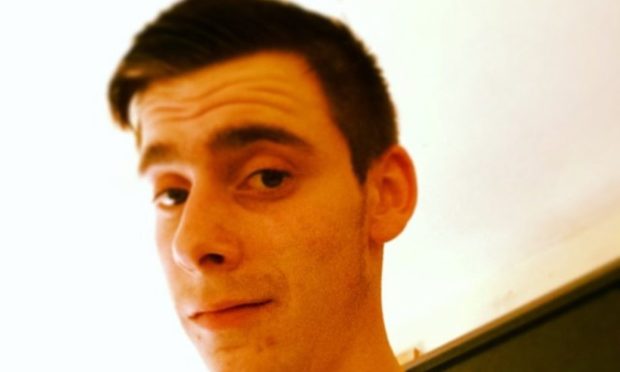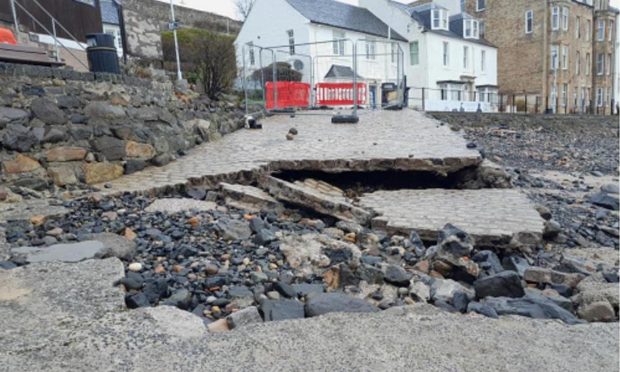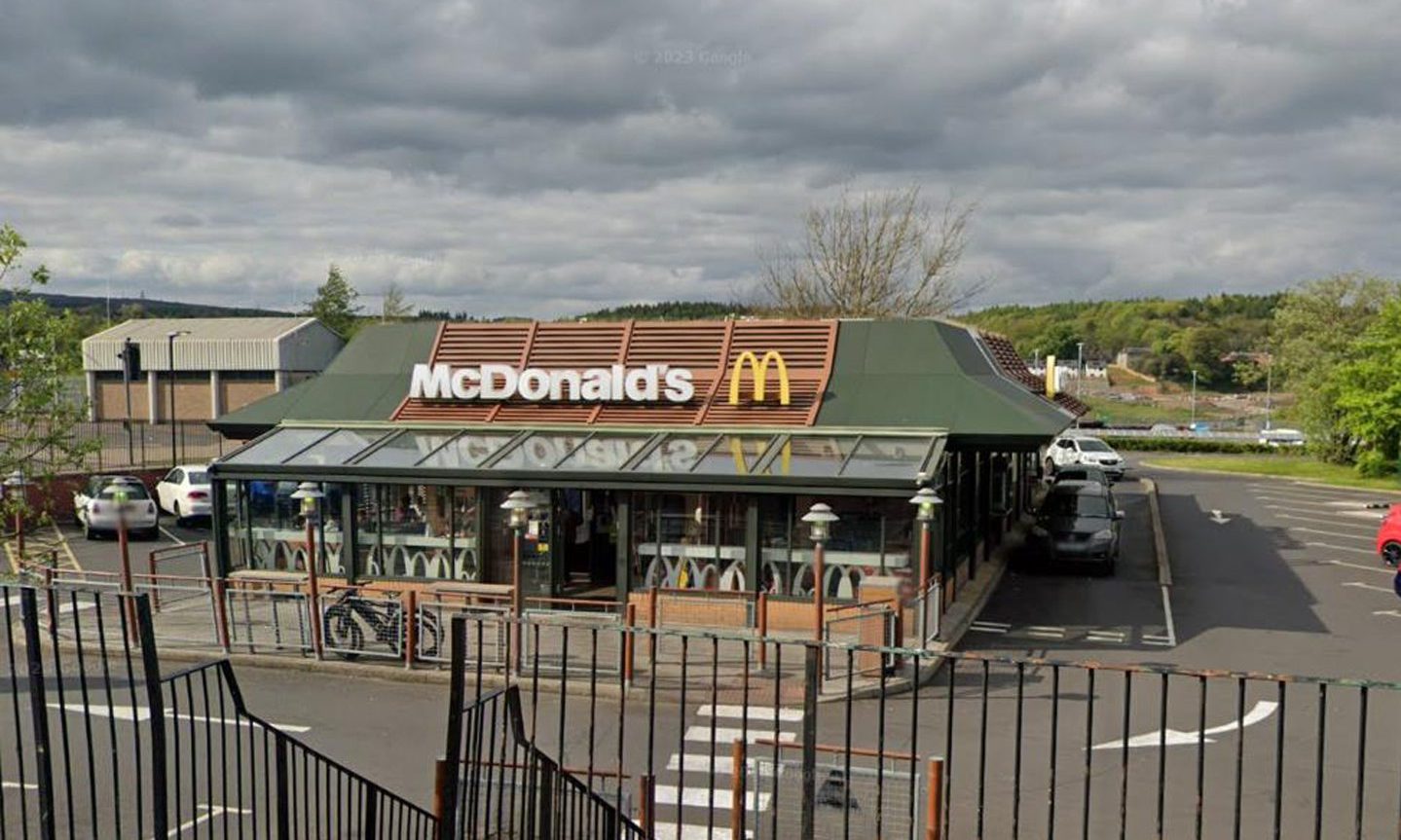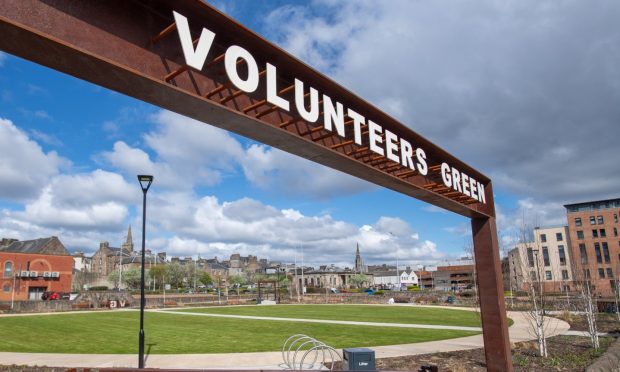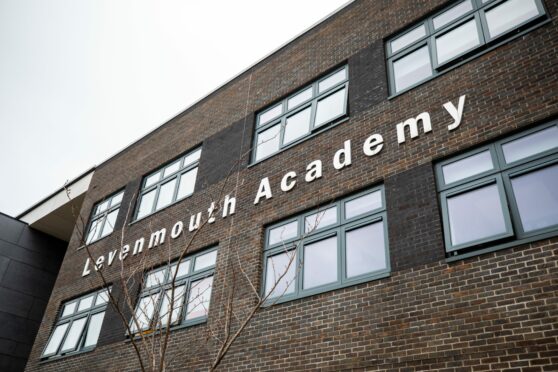With Britain looking set to renew its £100+ billion Trident nuclear weapons system, Michael Alexander meets retired St Andrews-based GP Dr Judith McDonald, who explains why she won’t give up after 35 years as a nuclear disarmament campaigner.
In 1980/81, Dr Judith McDonald had a “light bulb moment”.
She was listening to a powerful lecture by Australian doctor Helen Caldicott at Edinburgh University Medical School when she had the sudden realisation that all life on Earth could end at any moment simply because the power-mad leaders of countries – including her own – imagined that they could “win” a nuclear war.
Of course Judith already knew about nuclear weapons. It was the height of the Cold War and the growing tensions between East and West were a common feature of news bulletins.
Nuclear testing was rife, both the USA and the USSR had huge stockpiles of intercontinental ballistic missiles and the theory of Mutually Assured Destruction (MAD) was all that apparently stopped them from attacking each other.
But as a trained GP in the life-saving business with one small child at that time and another on the way, she knew that after hearing this lecture about the devastating health and humanitarian impacts of a thermo-nuclear attack, she could no longer sit back and remain passive.
In the 35 years since, she has been at the forefront of Britain’s nuclear disarmament movement.
And with Britain looking set to renew its £167 billion Trident nuclear weapons system, the Comrie-raised Aberdeen University medical graduate says there’s now never been a more important time to take a stand against the “madness” of nuclear weapons.
“The thing that was so shocking about Helen Caldicott’s lecture was the scale of nuclear devastation,” Judith, 66, tells The Courier in an interview at her home in St Andrews.
“I’d never really thought about it before. But then everything just clicked – the fact that you had just no chance of survival – blast, heat and then on-going radiation.
“The fact we could do this to other human beings just appalled me. It wasn’t just what they would do to us. It was what we were going to do to them, and how we could countenance inflicting such mass destruction.”
Judith was one of thousands of UK medical professionals affected, and she became a co-founder of the Medical Campaign Against Nuclear Weapons (MECANWE).
These numbers included NHS consultants who were being confidentially briefed by the government on how to prepare for the aftermath of a nuclear strike. But in reality, she said, no one could prepare for the madness of such a devastating end game – and many broke ranks.
“There was a massive growing peace movement in the ‘80s, “ she adds. “It wasn’t just medical professionals – there were teachers, architects, scientists, lawyers, Parents for Survival, CND – we really thought we were going to be blown up.
“Nowadays because of social media, there’s a massive amount of information flying around in cyber space about the consequences of nuclear weapons. But in those days it was typewriters and handwritten envelopes. We had to be much more hands on to get information out there.”
Judith took part in protests including Arms across Scotland and backed campaigns such as Beds not Bombs, When the Bombs Fall Don’t Call The Doctor and Treatment not Trident.
MECANWE eventually merged with the Medical Association for the Prevention of War (MAPW) which had been formed after the Second World War. They came together and re-launched as MEDACT a few years ago.
The remit of this group now encompasses everything from nuclear disarmament to asylum seekers and economic justice.
With the fall of the Berlin Wall and thawing of the Cold War, Judith, like so many, took a back seat to raise her family.
But when she retired as a locum GP in Cupar in 2010, she became involved again. She enrolled at St Andrews University to take a Master degree in Peace and Conflict Studies.
Then, with more time on her hands, she was deeply affected by a trip to Hiroshima and Nagasaki in Japan in 2012 with the 20th World Congress of International Physicians for the Prevention of Nuclear War. On the trip she heard from survivors of the August 1945 nuclear strikes and found this deeply moving.
“It really hit home again – how as human beings could we even consider doing this to other human beings?
“I’m not political in a party sense. But my message to the government is don’t renew Trident. There are seven billion people in the world and yet the latest estimate is that Britain is to spend £167 billion – probably more. It’s just a crazy way to spend money when there are far more creative things we could be doing with it. Our health service is struggling. Our education service is struggling. The government says there isn’t the money. Yet there is the money – we’re using it on weapons of mass destruction.”
The Westminster government has argued that renewing Trident is essential to safeguard the security of Britain and that it will never be used. But this doesn’t wash with Judith, who is supported by her husband – the Very Rev Dr Alan McDonald who is the soon-to-retire minister of St Leonards Parish Church and Cameron and was Moderator of the General Assembly of the Church of Scotland in 2006/07.
She adds: “I don’t think that argument follows through, because sooner or later someone is going to use it, and we are also at greater risk of an accident or terrorism if these materials fall into the wrong hands It’s not a way to treat our fellow human beings. We can do better than that. I’m an optimistic person!”
